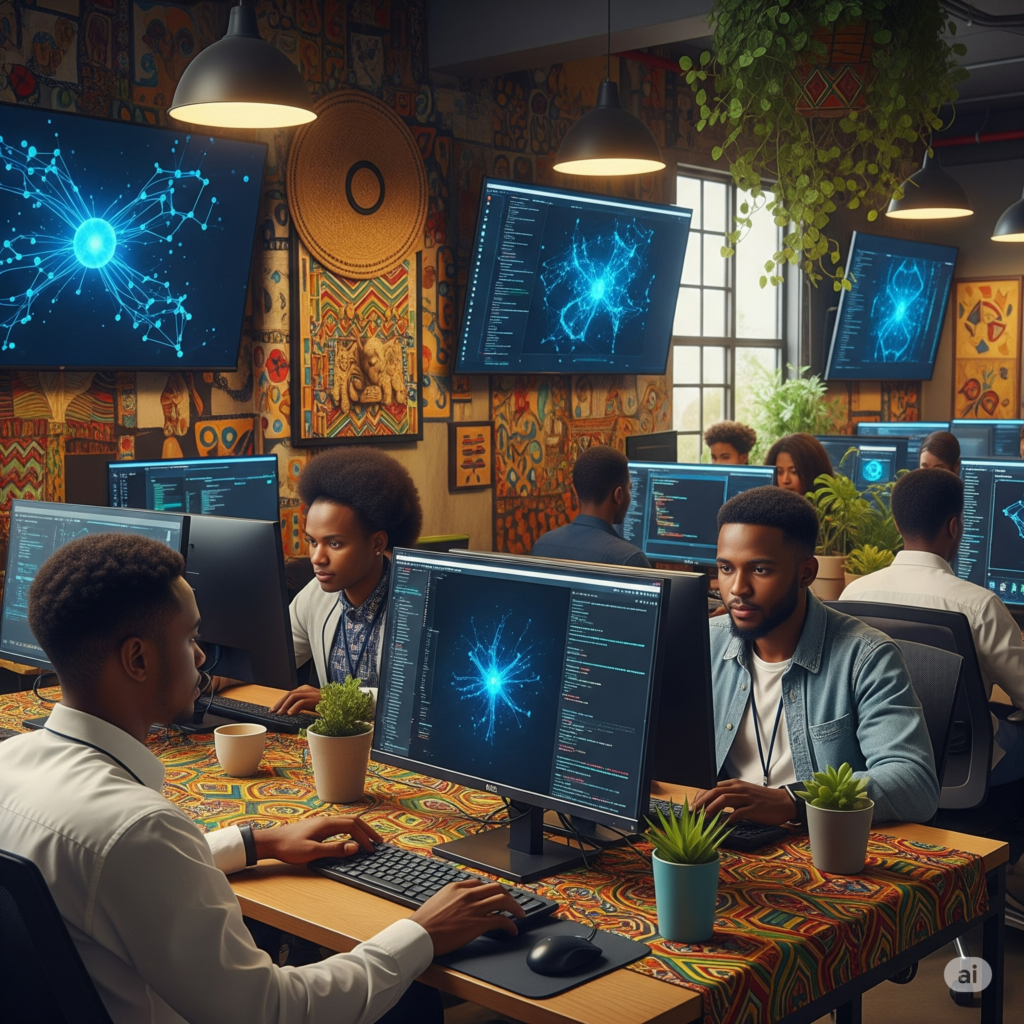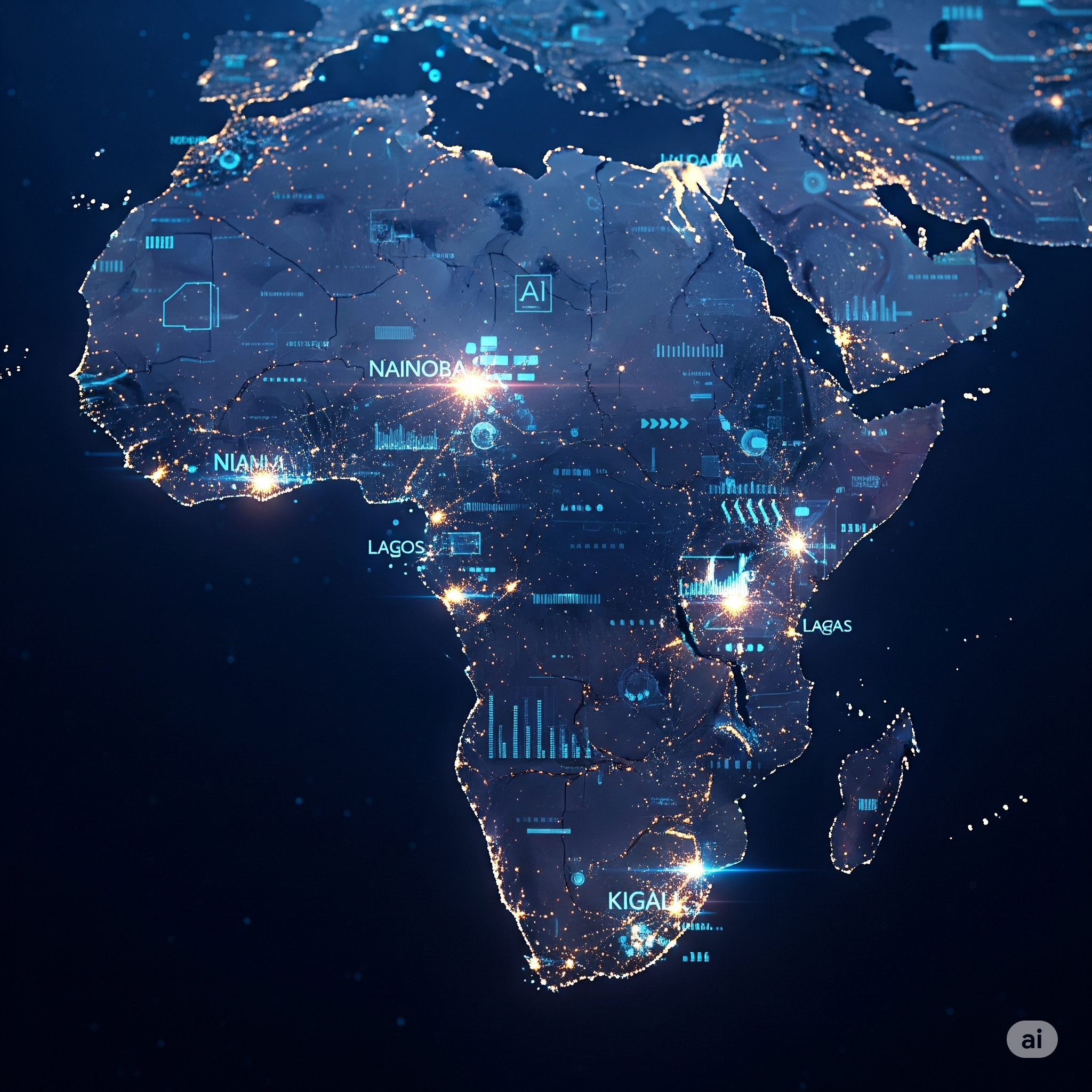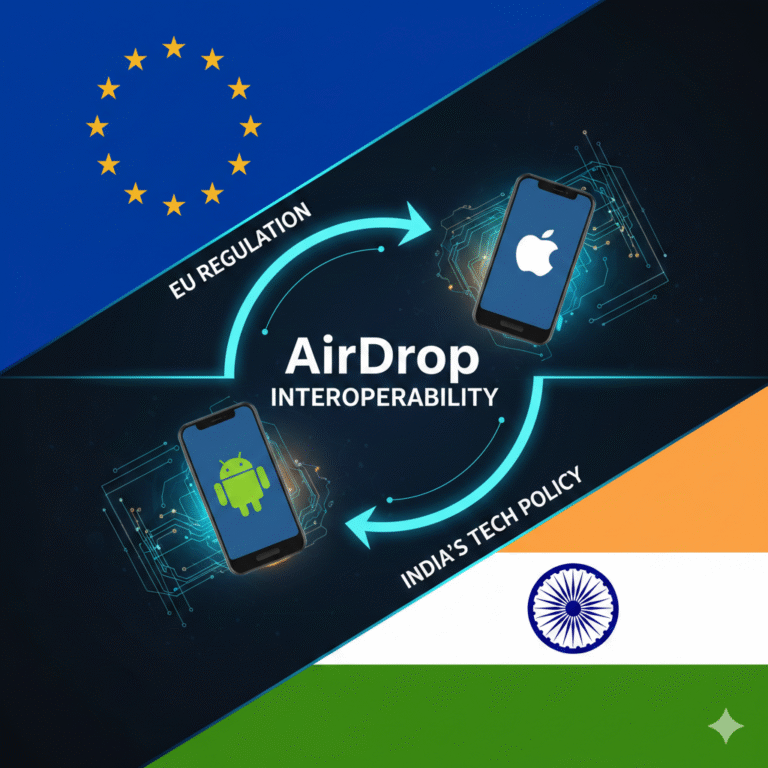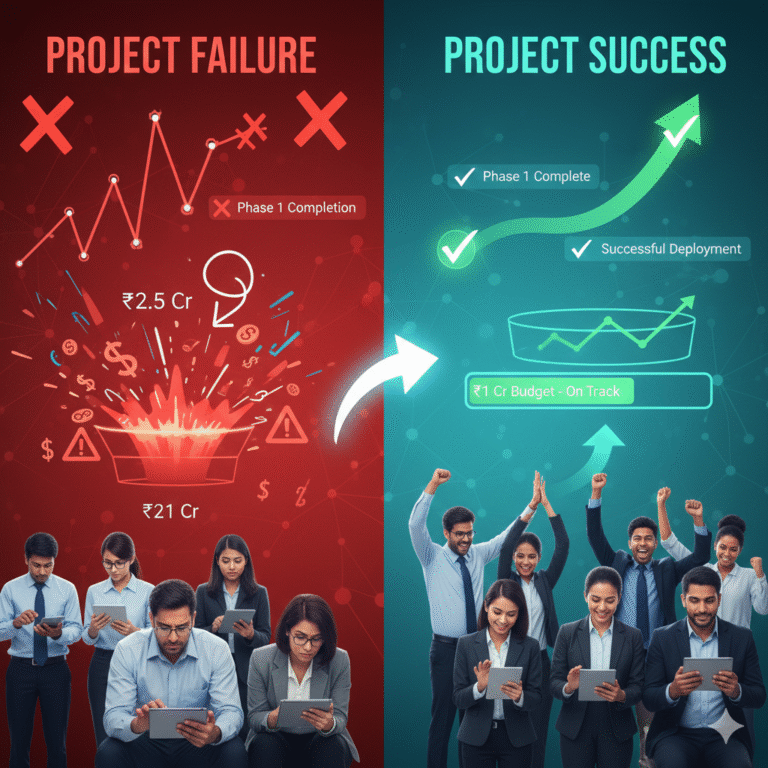Artificial Intelligence (AI) is transforming how the world works, thinks, and grows. With projections that AI will contribute nearly US$19.9 trillion to the global economy by 2030, it represents one of the most revolutionary technological forces in human history. However, Africa currently captures only 2.5% of the global AI market — an alarmingly low figure given the continent’s demographic potential, innovation capacity, and pressing development needs.
This blog explores Africa’s position in the global AI landscape: the opportunities it must seize, the challenges it must overcome, and the urgent policy and investment actions needed to avoid being left behind in the AI revolution.
Africa’s AI Landscape: Current Status
- Market Share: Africa’s AI industry is worth around US$4.92 billion, a fraction of the global share.
- Infrastructure Gaps: Inadequate digital infrastructure, data centers, and broadband access hamper AI development.
- Brain Drain: Many top AI researchers and engineers emigrate due to limited local opportunities.
- Innovation Hubs: Countries like Kenya, Nigeria, South Africa, and Rwanda are emerging as innovation clusters.
- Government Initiatives: Some governments are drafting AI policies, but implementation remains weak or slow.
Why AI Matters for Africa
AI can play a critical role in solving Africa’s most persistent challenges:
- Agriculture: AI-enabled precision farming, weather prediction, and pest detection.
- Healthcare: Early disease diagnosis, mobile health solutions, AI-assisted diagnostics.
- Education: Personalized learning systems, language translation, teacher support tools.
- Governance: E-governance, automated systems to reduce corruption and improve efficiency.
- Climate Resilience: AI-based modeling to mitigate disasters, optimize water usage, and adapt to climate change.
Key Barriers Holding Back AI in Africa
- Data Scarcity and Quality: Lack of local datasets and ethical data governance policies.
- Talent Shortage: Very few universities offer AI-focused programs or research centers.
- Limited Funding: Private and public investments in AI are minimal compared to global standards.
- Policy Lag: Few national strategies clearly outline AI development goals or frameworks.
- Digital Divide: Inequitable access to internet and tech devices excludes rural and underprivileged communities.
Opportunities: Where Africa Can Lead

- AI for Local Languages: Creating AI models in Swahili, Amharic, Yoruba, and other native languages.
- Decentralized AI: Developing cost-effective AI solutions using edge computing in low-bandwidth areas.
- Ethical AI Models: Building from scratch to ensure inclusivity, transparency, and justice.
- Green AI Infrastructure: Investing in solar-powered data centers and low-energy processing units.
- Youth Demographic Dividend: Africa has the world’s youngest population, ripe for AI training and innovation.
The Role of Global Partnerships
Africa cannot—and need not—go it alone. Collaboration with:
- Tech giants (Google, IBM, Microsoft) on AI training and capacity-building
- Academic institutions for joint research and curriculum design
- Multilateral organizations (UNESCO, African Union, World Bank) for ethical frameworks and funding
- Diaspora communities for reverse brain drain and mentorship programs
A Call to Action: What Must Happen Now
- Create National AI Strategies: Every African nation must define an AI roadmap aligned with local goals.
- Invest in Education: Expand STEM education, AI bootcamps, and support local talent.
- Boost Funding Mechanisms: Encourage venture capital and government grants for AI startups.
- Build Infrastructure: Improve data storage, cloud access, and internet bandwidth.
- Ensure Ethical AI: Develop frameworks for fairness, privacy, and inclusivity in AI tools.
Conclusion: Lead or Lag?
Africa is at a tipping point. The continent can either emerge as a global player in the AI economy or remain a passive consumer of technologies shaped elsewhere. With strategic investment, inclusive policy frameworks, and bold innovation, Africa can not only catch up—but even lead—by deploying AI to solve uniquely African problems.
The time to act is not tomorrow. It is now.









+ There are no comments
Add yours